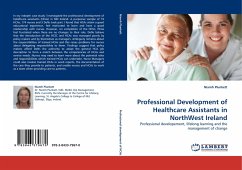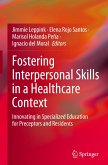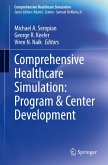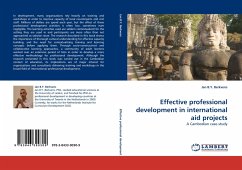In my indepth case study I investigated the professional development of helathcare assistants (HCAs) in NW Ireland. A purposive sample of 19 HCAs, 174 nurses and 3 DoNs took part. I found that HCAs attain a good educational experience, feel motivated to learn and have a good relationship with nurses. However, on completion of the HCSC, HCAs feel frustrated when there are no changes to their role. DoNs believe that the introduction of the HCSC and HCAs was managed poorly by policy makers and by themselves as managers. Ambiguity remains about the responsibilities of trained HCAs and this raises problems for nurses about delegating responsibility to them. Findings suggest that policy makers afford DoNs the authority to adapt the general HCA job description to form a match between the competencies of HCAs and service needs. Nurses may need to learn more about the potential roles and responsibilities which trained HCAs can undertake. Nurse Managers could also involve trained HCAs in ward reports, the documentation of the care they provide to patients, and enable nurses and HCAs to work as a team when providing care to patients.








